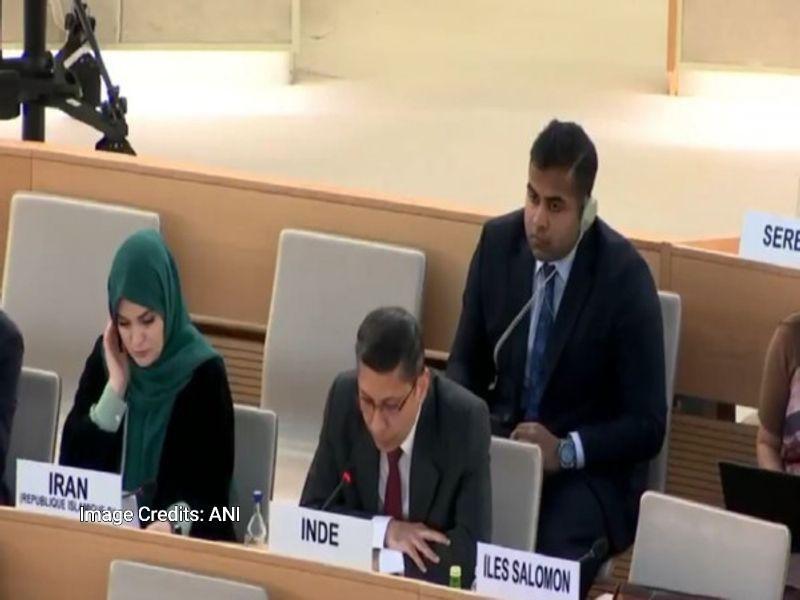
Unfounded, Baseless: India on UNHRC Chief’s Remarks on J&K, Manipur
The United Nations Human Rights Council (UNHRC) is a crucial platform for countries to discuss and address human rights issues around the world. Recently, the UNHRC’s Chief, Volker Türk, made some remarks on Jammu and Kashmir (J&K) and Manipur, which have been met with strong opposition from India. India’s permanent representative to the UN, Arindam Bagchi, has termed the remarks as “unfounded and baseless”.
The statement made by the UNHRC chief has sparked controversy in India, with many calling it an interference in the country’s internal affairs. In his statement, Türk expressed concerns over the restrictive laws in J&K and called for addressing the violence in Manipur. However, India has rejected these remarks, saying that they are “cherry-picking” and lack a comprehensive understanding of the situation.
Jammu and Kashmir has been a contentious issue in India for decades, with the country having exercised its sovereignty over the region since 1947. However, in 2019, the Indian government revoked the special status of J&K, which had been granted under Article 370 of the Indian Constitution. This move was met with widespread protests and violence in the region, with many calling it a violation of human rights.
The recent remarks made by the UNHRC chief have been seen as a further attempt to intervene in India’s internal affairs. India has been accused of human rights abuses in J&K, including the detention of thousands of people under the Public Safety Act (PSA). However, the Indian government has maintained that these measures are necessary to maintain law and order in the region.
Manipur is another state in India that has been plagued by violence and insurgency for decades. The state has seen numerous incidents of violence, including the killing of civilians and security personnel. The UNHRC chief’s call for addressing the violence in Manipur has been seen as a welcome move by many, but India has rejected the remarks, saying that they are “unfounded and baseless”.
India’s permanent representative to the UN, Arindam Bagchi, made it clear that the country will not accept any external interference in its internal affairs. In a statement, Bagchi said, “The world’s largest democracy continues to be a healthy, vibrant and pluralistic society. We reject the unfounded and baseless remarks made by the UNHRC chief. We will not accept any external interference in our internal affairs.”
The Indian government has also pointed out that the UNHRC chief’s remarks are based on incomplete and inaccurate information. The government has said that the situation in J&K and Manipur is being misreported and exaggerated. The government has also accused the UNHRC chief of “cherry-picking” and ignoring the positive developments in the region.
The controversy surrounding the UNHRC chief’s remarks has sparked a debate in India on the role of international organizations in the country’s internal affairs. Many have argued that India’s sovereignty and territorial integrity should not be compromised by external interference. Others have called for greater engagement with international organizations to address human rights issues in the country.
In conclusion, the recent remarks made by the UNHRC chief on J&K and Manipur have been met with strong opposition from India. The country has termed the remarks as “unfounded and baseless” and has rejected any external interference in its internal affairs. The controversy has sparked a debate in India on the role of international organizations in the country’s internal affairs. As the situation continues to unfold, it remains to be seen how India will respond to the UNHRC chief’s remarks and whether the country will engage with international organizations to address human rights issues.






